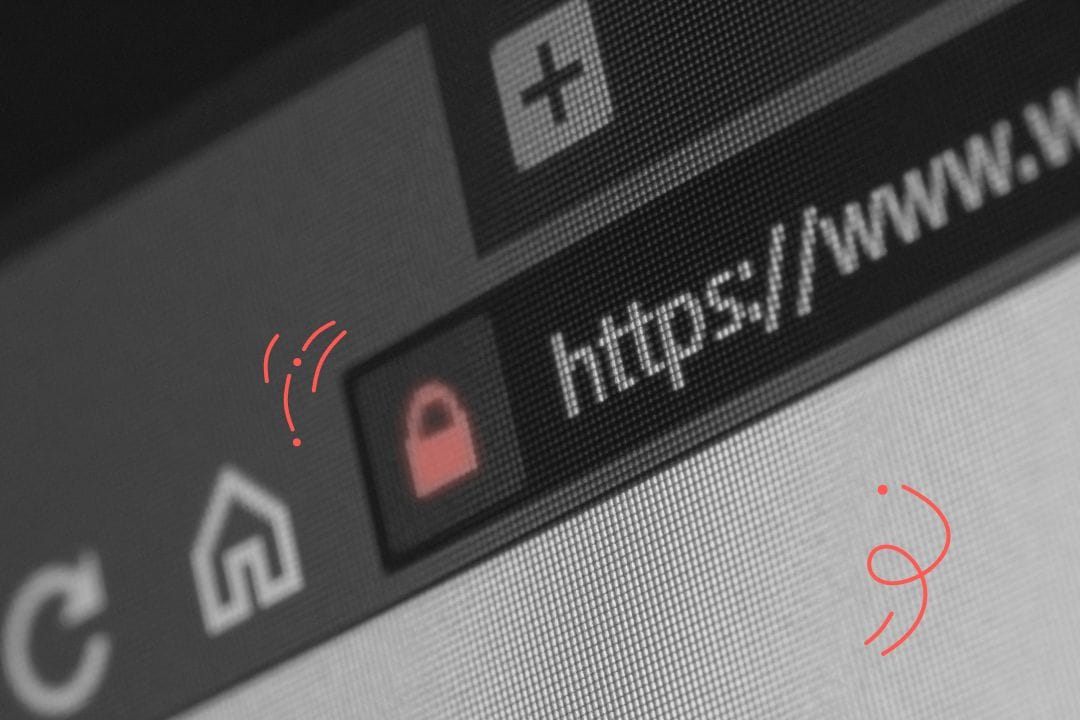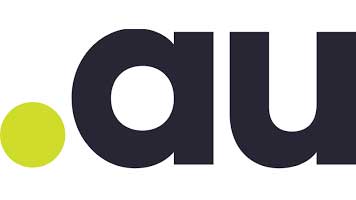Here’s a rewritten version of the article, maintaining the original information while enhancing clarity and flow:
—

Are you wondering how much an SSL certificate costs in 2025? You’re in the right place. This guide breaks down everything you need to know about SSL pricing, types, features, and how to choose the right one for your website.
Whether you’re launching a personal blog or managing a global eCommerce platform, securing your site with an SSL certificate is a must. Let’s explore how SSL certificates work, what they offer, and how much they’ll set you back this year.
What Is an SSL Certificate?
Think of an SSL certificate as a digital envelope that keeps your website’s data safe. SSL (Secure Sockets Layer) encrypts the information exchanged between your site and its visitors, protecting sensitive data like passwords, credit card numbers, and personal details from hackers.
When your site has an SSL certificate, its URL begins with “https”—that little padlock icon in the browser bar tells users they’re on a secure site.
How SSL Works
Every time someone visits your website, their browser and your server perform an “SSL handshake”—a behind-the-scenes conversation where they agree on encryption keys. From that point on, all data transmitted is encrypted, making it unreadable to anyone trying to intercept it.
Types of SSL Certificates
There are three main types of SSL certificates, each offering different levels of validation and trust:
| Feature | DV SSL | OV SSL | EV SSL |
|————————–|———————|—————————-|———————————-|
| Encryption | ✅ | ✅ | ✅ |
| Domain Validation | ✅ | ✅ | ✅ |
| Organisation Validation | ❌ | ✅ | ✅ |
| Extended Validation | ❌ | ❌ | ✅ |
| Issuance Time | Up to 15 minutes | Up to 2 days | Up to 10 days |
| Trust Indicators | ✅ | ✅ | ✅ (Green address bar) |
| Best For | Blogs, personal use | Businesses, organisations | eCommerce, large enterprises |
– DV (Domain Validated) SSL: Quick and affordable. Ideal for blogs and personal sites.
– OV (Organisation Validated) SSL: Adds business identity verification. Best for companies.
– EV (Extended Validation) SSL: Offers the highest level of trust with visible indicators like the green address bar. Perfect for eCommerce and enterprise websites.
What’s Included with an SSL Certificate?
An SSL certificate is more than just encryption. Here’s what you get:
– Encryption: Safeguards data in transit.
– Trust Indicators: Like the padlock icon and, for EV certificates, your company name in the browser bar.
– Browser Compatibility: Works across all modern browsers.
– Customer Support: Help when you need it.
– Warranty: Financial protection in case of certificate failure.
How Much Does an SSL Certificate Cost in 2025?
The cost of an SSL certificate depends on several factors, including type, provider, and features. Here’s a general breakdown:
– DV SSL: £5–£30/year. Basic protection for personal sites.
– OV SSL: £50–£150/year. Suitable for businesses looking to build trust.
– EV SSL: £100–£1,000+/year. Premium security and credibility for high-traffic or transactional sites.
Why Do SSL Certificates Cost Money?
SSL certificates aren’t just digital files—they come with services and validation processes that require resources. Here’s what you’re paying for:
– Validation: Certificate Authorities (CAs) verify domain or business ownership.
– Encryption Technology: Ongoing development and maintenance of secure systems.
– Trust: Reputable CAs invest in maintaining browser trust and brand credibility.
What Influences SSL Certificate Pricing?
Several factors can affect the final price:
1. Type of Certificate
– Wildcard SSL: Covers all subdomains under one domain.
– Multi-Domain SSL: Secures multiple domains with one certificate.
2. Level of Validation
– DV is cheapest; EV is most expensive due to rigorous checks.
3. Brand Reputation
– Trusted CAs may charge more but offer better support and reliability.
4. Additional Features
– Extras like malware scanning or vulnerability assessments can raise the price.
5. Validity Period
– Longer-term certificates may offer discounts.
6. Warranty Coverage
– Higher warranties mean higher prices but better protection.
7. Customer Support
– Premium support packages can increase the cost.
8. Pricing Model
– Some providers offer discounts for bulk purchases or multi-year plans.
What’s the Most Expensive






